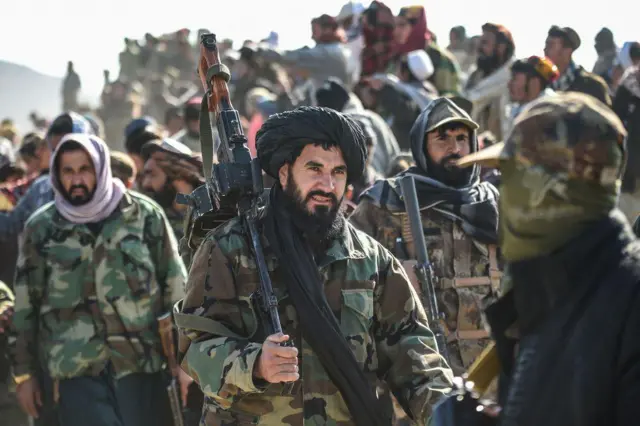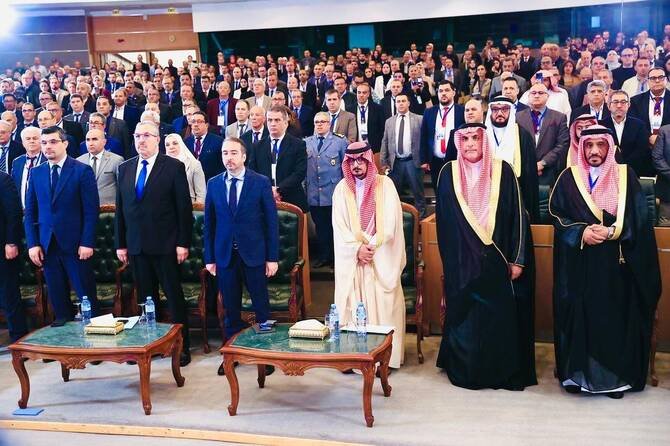
More than three years after Kabul fell to the Taliban, Afghanistan’s two decades of investment in the country’s democracy—through military training, scholarships, and historic projects like building its new parliament—were quickly undone, and the collapse also opened the door for greater influence from regional rivals, especially China and Pakistan, undermining India’s strategic foothold and creating new security concerns. India’s most recent diplomatic outreach to Afghanistan’s Taliban governme
However, a change was indicated last week. The highest level of interaction since the fall of Kabul took place in Dubai when India’s top diplomat, Vikram Misri, visited Taliban acting foreign minister Amir Khan Muttaqi. India is a “significant regional and economic power,” and the Taliban leadership has stated interest in deepening political and economic connections with it.
Iran’s Chabahar port, which India has been developing to circumvent Pakistan’s Karachi and Gwadar ports, was reportedly the subject of talks aimed at increasing commerce.
To what extent is this gathering important? Michael Kugelman of the Wilson Centre, an American think-tank, told me that Delhi has now granted the Taliban leadership the de facto legitimacy it has been seeking from the international community since regaining power.
“The fact that this treatment is coming from India – a nation that never previously had friendly relations with the Taliban, makes this all the more significant, and also a diplomatic triumph for the Taliban,” according to him.




